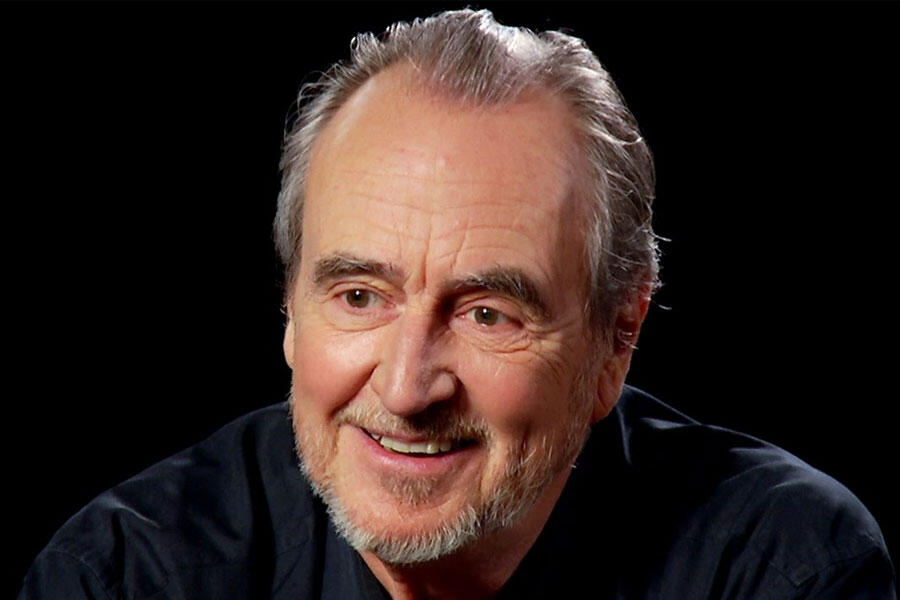
Wes Craven, the director who gave the world A Nightmare on Elm Street, Scream and The Hills Have Eyes, has passed away at the age of 76 after enduring a private battle with brain cancer.
While Craven is certainly best known for his blockbuster franchises, and everything you need to understand why those movies worked in the first place can be seen in his very first film, 1972's The Last House on the Left. It is a truly horrifying piece of cinema, but what really makes it stand out is a sense of humor among the brutality.
What made Craven a master of horror wasn't his ability to generate a scare, it was his understanding that the only way to truly process evil is to find something, anything, to laugh at.

Craven consistently understood the marriage of horror and humor, which is why even his movies that weren't grand slams (and there are more than a few) are still more inspired than your average horror movie that doesn't dare risk having a shred of identifiable personality. Even the remakes Craven produced of his own movies -- The Hills Have Eyes, The Last House on the Left and MTV's Scream series -- are better than your average horror remakes. Craven's influence was so positive that even the documentaries about his franchises -- Never Sleep Again and Still Screaming -- are great movies.
If you like Scream and A Nightmare on Elm Street, you should also seek out some of Craven's more oddball movies. The Serpent and the Rainbow is an atmospheric, haunting take on zombies and voodoo rituals. The People Under the Stairs is a wacky but freaky jaunt into the horrors that literally lurk within the walls of the American dream. Red Eye is a taut thriller that embraces its absurd premise without letting up the tension. Even My Soul to Take is worth watching for the way it overindulges in teen-horror tropes to concoct a nutty mythology that feels like the bastard child of half of Craven's own movies.
Hell, Craven's even good when making fun of his own legacy in other people's movies:
Rest in peace, Wes Craven.

















